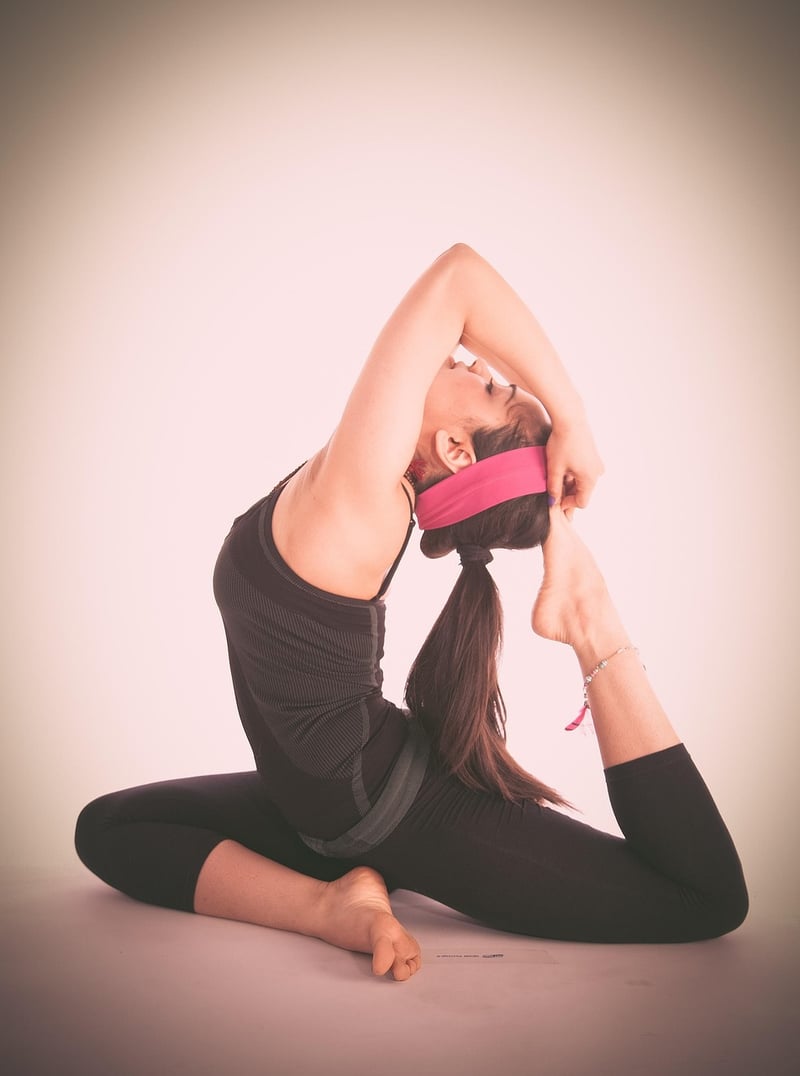Static Stretch
Improving Flexibility Through Static Stretching
Flexibility plays a crucial role in overall health and fitness. By incorporating static stretching into your routine, you can enhance your flexibility levels and reduce the risk of injury during physical activities. Static stretching involves holding a stretch for a set period, allowing the muscles and connective tissues to lengthen gradually. Here are some tips to help you improve flexibility through static stretching:
1. Start Slowly
Begin with gentle stretches focusing on major muscle groups such as hamstrings, calves, quadriceps, and shoulders. Hold each stretch for 15-30 seconds and avoid bouncing, which can cause muscle strain.
2. Consistency is Key
Perform static stretching exercises at least 2-3 times a week to maintain and improve flexibility. Over time, you will notice increased range of motion and reduced muscle tightness.
3. Proper Technique
Ensure proper form while stretching to target the intended muscle group effectively. Relax and breathe deeply during each stretch, gradually increasing the intensity without causing pain.
4. Target Different Muscle Groups
Include a variety of stretches to target different muscle groups in your body. Focus on areas that tend to be tight or prone to injury, such as the lower back, hips, and neck.
5. Combine with Other Forms of Exercise
Pair static stretching with activities like yoga or Pilates to improve flexibility, strength, and balance. Incorporating a well-rounded fitness routine can enhance overall physical performance.
6. Stay Hydrated
Drink an adequate amount of water throughout the day to keep your muscles hydrated and maintain optimal flexibility. Dehydration can lead to muscle cramps and reduced flexibility.
By integrating static stretching into your fitness regimen and following these tips, you can enhance your flexibility, prevent injuries, and improve your overall well-being. Remember to listen to your body, progress gradually, and consult a fitness professional if needed.

